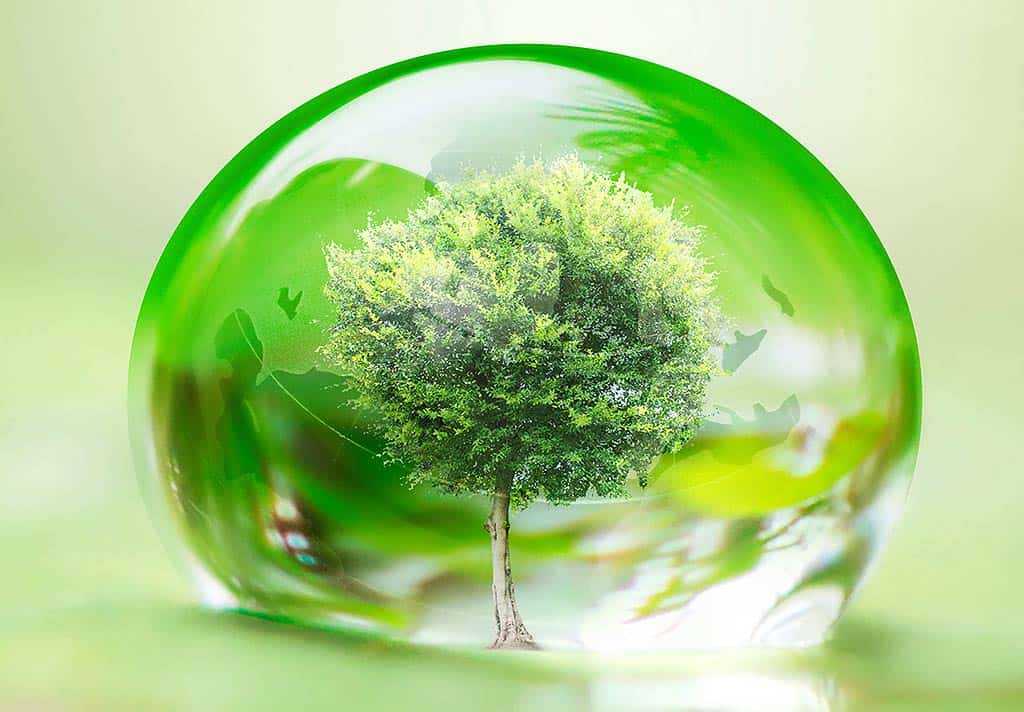
April 22, 2022, marks the world's fifty-second annual Earth Day. Founded in 1970 in the United States and becoming global in 1990, Earth Day was a social, cultural, and political movement that aimed to restore and revitalize the nation's natural environment. Before this time, the United States, along with much of the rest of the world, was seemingly unconcerned with the effects industry, agriculture, and transportation had on our natural resources. Seen as a road to prosperity, the mass production of products, food, and unsustainable energy practices were common and rarely questioned. However, the pollution, waste, and serious public health complications that followed were not so easily ignored.
Following an oil spill in Santa Barbara, California, in 1969, Senator Gaylord Nelson, Pete McCloskey, and a young activist named Denis Hayes decided to take action. So they founded Earth Day to inspire Americans to take action, encouraging them to take to the streets to protest. The movement was a great success, which later contributed to the passage of multiple environmental conservation laws that have greatly impacted the way we view sustainability as a society.
Earth Day 2022 has officially announced its theme as Invest in Our Planet. This means investing time to learn more about the world's energy resources and the changes you can make to reduce your energy consumption. The past couple of years have brought about many social, political, and cultural changes. The consequences of decades of irresponsible energy consumption have become too large to toss aside, and a new generation of people who want real change are taking a stand. Modern energy has created an environment where we can live with ease and comfort. These leaps have proven to be exceptionally advantageous, leading to advances in medicine, transportation, and much more. However, the disconnect from our energy sources has also made it easy to overconsume, resulting in poor energy literacy and a lack of environmental awareness.
We need now a new cultural and political shift in the way we look at energy. Sustainable practices are the key to job growth and long-term profitability. Being mindful of the products we purchase, for example, avoiding fast fashion and buying from local sources, encourages the development of a more environmentally friendly economy. Large industries will be more hesitant to shift their mass production operations if they see no profit in an alternative. However, demonstrating a demand for more sustainable practices can create a new path where innovative ideas can thrive. An improved version of industry and innovation is right around the corner, with new job opportunities, economic growth, and a cleaner environment. The decisions we make today will determine how fast we get there.
At Smart Energy Education, we want to help you and your students invest in our planet by providing free energy education resources in the classroom or at home. Packed with blogs, courses, Watt Watchers Activities, and more, our goal is to improve energy literacy worldwide. We want to help you unlock your energy conservation and sustainability potential and introduce you to amazing energy careers. For more information regarding our resources, visit smartenergyeducation.com.
We'd love to help answer any questions and help you get started! Drop us a line and we'll get back to you as soon as we can.
Watt Watchers of Texas
204 E. Dean Keeton Street, Austin, Texas 78712
contact@watt-watchers.com
Nos encantaría contestarle cualquier pregunta que tenga y ayudarle empezar! Envíenos un mensaje y nos pondremos en contacto con usted lo antes posible.
Watt Watchers de Texas
204 E. Dean Keeton Street, Austin, Texas 78712
contact@watt-watchers.com